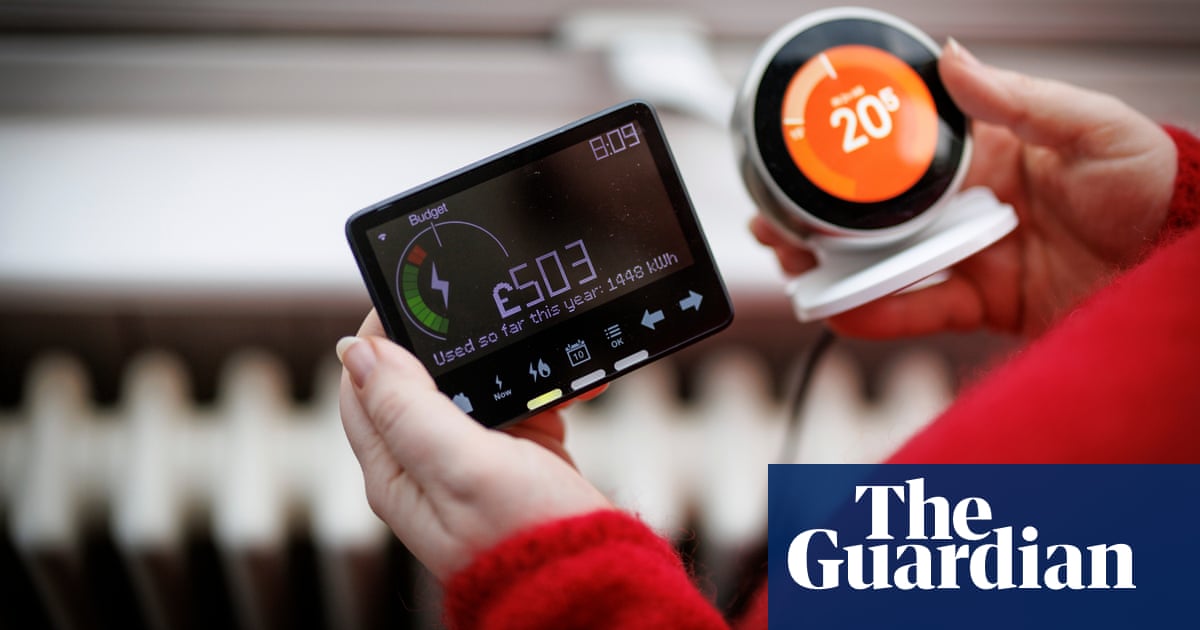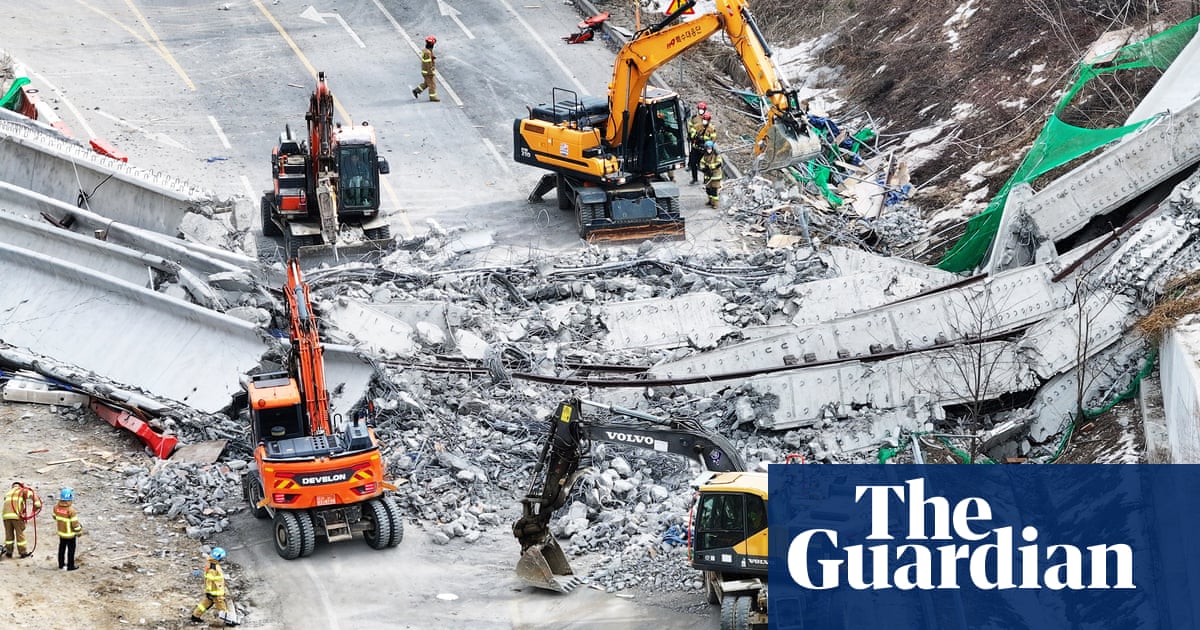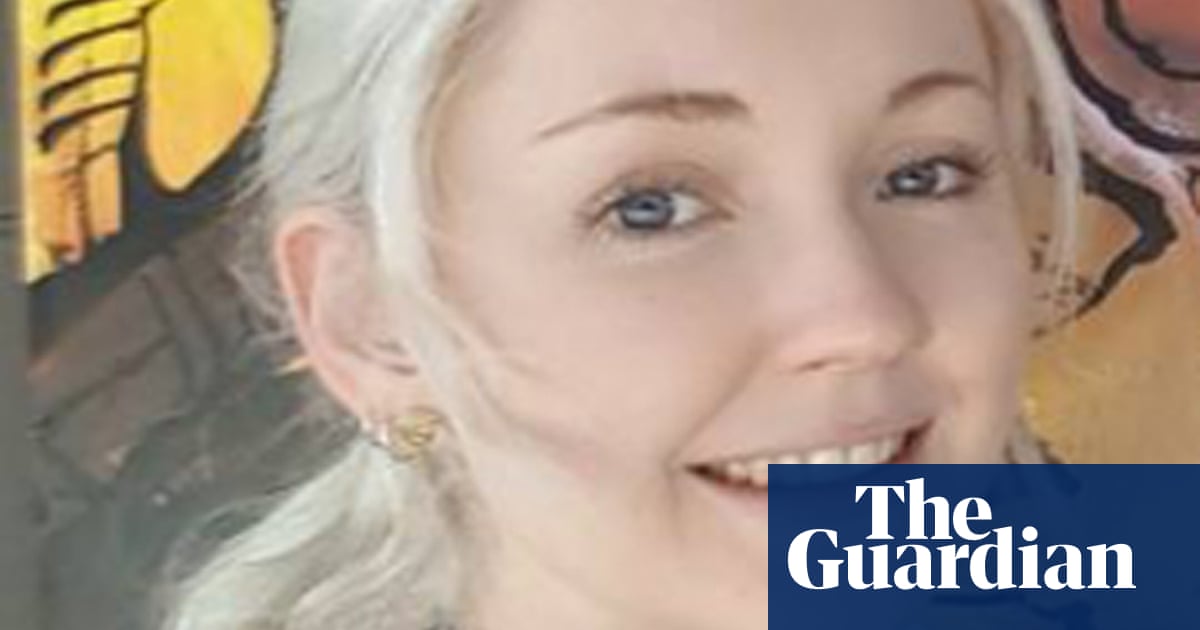When Mykola Bychok took part in the Walk for Justice for Refugees in his adopted homeland of Australia, he had a simple message.
“Let us remember that the first refugee was Jesus Christ,” he told the crowd in the Melbourne sunshine.
A little over a year later and the 44-year-old was made the world’s youngest cardinal at a lavish ceremony in St Peter’s Basilica, leapfrogging more high-profile Catholic leaders – and raising eyebrows among Vatican experts.
Mr Bychok, a Ukrainian who has advocated for legislation to help migrants settle in foreign countries, is now a member of the College of Cardinals, the body which will have the task of electing a new pontiff once Pope Francis dies.
Since being elected in 2013, Pope Francis – described by some of his detractors as the “woke Pope” for his progressive views on migrants, the environment and same-sex unions – is widely seen to have packed the College of Cardinals with men in his own image.
With the 88-year-old Argentinian Pope in hospital in Rome suffering from double pneumonia, acute respiratory difficulties and partial kidney failure, it is a task which the College may have to face sooner rather than later.
The prospect of electing a new Pope could not have come at a more delicate time globally, with the return of Donald Trump, the re-emergence of the far-Right in Europe and a rising backlash against migration.

Pope Francis places the biretta hat on Cardinal Mykola Bychok during a consistory for the creation of new cardinals at the Vatican in December – Alessandra Benedetti/Corbis via Getty Images
The cardinals once again hold the future direction of the Catholic Church in their hands, and with it the 1.4 billion people who identify as Catholics.
There are 252 cardinals in total, but only 138 of them are eligible to vote for the next Pope – the rest are ruled out because they are over the age of 80.
Of the 138, 110 were appointed by Pope Francis – about 80 per cent.
“With his appointments, he wants to ensure a process that produces a Pope that the Church needs for these times,” said Austen Ivereigh, who is close to Pope Francis and wrote a biography of him, titled The Great Reformer: Francis and the Making of a Radical Pope.
“He wants the College of Cardinals to confront the realities of the world. He has named people who will bring to the discussion about the future Pope the voice of migrants, of the poor, of the victims of war.”
However, nothing is certain in the secretive world of the conclave.
Indeed, “certainty is the great enemy of unity” as Ralph Fiennes says in the guise of Thomas Lawrence, the liberal British cardinal whom he plays in the award-winning film Conclave.
A reluctant organiser of the conclave in his role as the Dean of the College of Cardinals, he tells a colleague: “Hell arrives tomorrow when we bring in the cardinals.”
The word “conclave” comes from the Latin “cum” and “clavis” – literally “with key” – meaning a room that can be locked up.
The secretive election will be held about two weeks after the Pope dies – that gives time for cardinals around the world to travel to Rome.
It is “an event surrounded by legend, one that uniquely blends theatre with mystery, politics with prayer”, said John Allen, the veteran Vatican analyst in his book Conclave.
The fact that Pope Francis has appointed so many members of the College of Cardinals suggests that if the next conclave, or papal election, comes down to a battle between conservatives and progressives, the progressives will easily have the numbers, thus ensuring the picking of a new pontiff who is likely to carry on Francis’s priorities and reforms.
But it is not as simple as that, Vatican watchers caution.
Assuming that the College is stacked in such a way that a Francis clone is guaranteed to be elected is overly simplistic, say veteran experts.
The cardinals appointed by Francis come from a wide range of countries and have wildly diverging views on issues such as the role of women in the Church and attitudes towards gay Catholics.
“To say he has stacked the College of Cardinals is not quite right,” said Mr Ivereigh. “The idea that these cardinals will necessarily think like Francis is complete nonsense, it’s trite. They’re highly intelligent people who think for themselves.”

One of the potential successors outside of Europe mentioned most often is Cardinal Peter Turkson of Ghana – Joshua Sammer/Getty Images
Pope Francis is still alive, of course, and his condition is slowly getting better, according to the Vatican.
On Tuesday morning, the Holy See said that the octogenarian Pope had “rested well all night”.
On Monday evening, in a more expansive statement, the Vatican said that the Pope’s condition had improved slightly, although he remains in a critical condition. A problem with the functioning of his kidneys was no longer a cause for concern and he had not had a repeat of the “asthmatic respiratory attack” that he suffered at the weekend.
Francis received the Eucharist on Monday morning and worked in the afternoon, officials said.
But that hasn’t stopped intense speculation about when the conclave might be or who will emerge as the next Pope.
The behind-the-scenes intrigue and chatter is such that senior Catholic figures have felt obliged to admonish the anonymous plotters, saying the focus should be on praying for Francis’s speedy recovery and release from the Gemelli Hospital in Rome.
“It is appalling that priests, bishops and cardinals should be thinking of and working towards the next conclave” while the Pope is still alive, said Jean-Claude Hollerich, a cardinal and the archbishop of Luxembourg.
“The Pope has said on several occasions that he doesn’t want people indulging in calculations and conjecture while he is still alive,” he told La Stampa newspaper on Monday. “I find it deeply disrespectful that there are people who are worrying more about the future of the Church than the Bishop of Rome (as the Pope is also known).”
Antonio Spadaro, a Jesuit theologian who is close to the Pope, also chided Church insiders speculating about whether the Pope might decide to resign.

Pope Francis with Jesuit Father Antonio Spadaro in 2015 – CNS/Paul Haring
Francis has said in the past that if he found himself physically or mentally incapacitated, he could step down, following in the footsteps of his predecessor, Benedict XVI, who in 2013 became the first pontiff in 600 years to renounce the Seat of St Peter.
“Now is not the time to speak about resignation,” said Father Spadaro. The Pope would only resign if his energy was “irreversibly exhausted”, he said.
The Vatican has been forthright and transparent in providing journalists in Rome with updates on the Pope’s health, with briefings and statements on a twice-daily basis.
The unusual level of openness was ordered by the pontiff himself, Vatican insiders said. “He asked the doctors that they should tell the truth about his situation, that the medical bulletins should say exactly what is happening,” said Father Spadaro.
Mr Ivereigh, who also wrote a book called Wounded Shepherd: Pope Francis and His Struggle to Convert the Catholic Church, said: “The Pope has referred to this a few times – every time he has had bronchitis, it has set off ‘conclave fever’. One way of dealing with the inevitable uncertainty of having an ailing, elderly Pope in hospital is to ensure a reasonable flow of transparent information. The medical bulletins are very frank and clear and objective. They allow us to get a fuller picture.”
Even one of the Pope’s most trenchant critics said that indulging in “power games” and speculation on who might succeed him was inappropriate while he still lived.
“Now is the moment to pray, not to think about his successor,” Gerhard Ludwig Muller, a German cardinal and conservative theologian, told Corriere della Sera newspaper. “If there are people who are thinking of the future while Francis is in hospital that is not good, not good at all. We must pray for him. We don’t know when or how, but everyone will die. The Pope has a special task, but he is a man, like all other men.”

Another papal contender is Cardinal Pierbattista Pizzaballa, a 59-year-old Franciscan and the Latin Patriarch of Jerusalem, pictured on a visit to Gaza City in December – OMAR AL-QATTAA/AFP via Getty Images
A group of cardinals based in Rome gathered in St Peter’s Square on Monday night to say prayers for his recovery, led by Cardinal Pietro Parolin, the Vatican secretary of state.
He is among a handful of cardinals being tipped as “papabile”, the Italian word which means they are likely contenders to become the next Pope.
The 70-year-old Italian is regarded as a moderate figure who could appeal to a broad sweep of cardinals. “He’s very experienced and that could count for a lot in these times of turbulence,” said a Vatican insider who asked not to be named. “He could be seen as a steady hand at the tiller.”
Another Italian in the mix is Cardinal Matteo Zuppi, 69, the Archbishop of Bologna, a progressive who is regarded as being close to Francis. The Pope’s trust in him led to him being dispatched on a peace mission to Ukraine.
Liberals within the Church are big fans of Cardinal Luis Antonio Tagle, a 67-year-old cardinal from the Philippines.

Cardinal Matteo Zuppi, 69, the Archbishop of Bologna, a progressive who is regarded as being close to Francis – Getty Images Europe
Dubbed “the Asian Francis” for his good humour and progressive views on issues such as homosexuality and divorced Catholics who remarry, if elected he would be the first Asian pope. Unlike in the West, where secularism is on the rise, Catholicism is booming in many parts of Asia. “He’s a frontrunner and he would represent continuity,” said a Vatican observer. “But there’s a question mark over whether he would have the backbone, the spine, for the governance of the Church.”
Among the conservatives, one possible candidate could be Peter Erdö, 72, a Hungarian cardinal and Archbishop of Esztergom-Budapest. But his closeness to Viktor Orban, Hungary’s authoritarian leader, may rule him out. “He’s pro-Orban: is that what you want in a world dominated by Trump?” said a Vatican insider.

Peter Erdö of Hungary is a conservative cardinal seen as a potential successor to Francis – ATTILA KISBENEDEK/AFP via Getty Images
From outside of Europe, one of the names mentioned most often is Cardinal Peter Turkson, 76, from Ghana. If chosen, he would be the first black African Pope in history.
Another name that has emerged just this week is that of Cardinal Pierbattista Pizzaballa, a 59-year-old Franciscan and the Latin Patriarch of Jerusalem. He is Italian but has broad experience of the wider world, having spent decades in the Middle East. He speaks Italian, Hebrew and English, and could be expected to continue the legacy of Pope Francis.
With grey skies and heavy rain in Rome this week, the mood inside the walls of the Vatican City State is sombre. The world is watching to see whether Francis can recover, or whether this is the end game of an extraordinary papacy – either through resignation or death.
Oscar Rodriguez Maradiaga, a cardinal from Honduras who is a friend of Francis’s, believes that the Pope will pull through.
“The Holy Father is a great leader of the Church,” he said on Tuesday. “I don’t think it is yet time for him to go up to heaven.”
Article by:Source:














